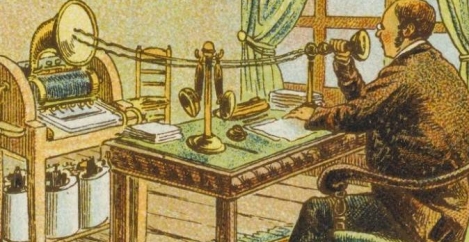March 20, 2024
The office of the future is a dream of the answers to current problems
 Lewis Carroll’s second best known work The Hunting of the Snark is a long nonsense poem that describes the pursuit by a group of adventurers of an elusive creature called a Snark. This turns out to be a much more dangerous Boojum when it is finally seen, causing one of the crew members to vanish. The poem may or may not be an allegory for the pursuit of happiness but it could easily be about our pursuit of anything elusive, imaginary or ephemeral.
Lewis Carroll’s second best known work The Hunting of the Snark is a long nonsense poem that describes the pursuit by a group of adventurers of an elusive creature called a Snark. This turns out to be a much more dangerous Boojum when it is finally seen, causing one of the crew members to vanish. The poem may or may not be an allegory for the pursuit of happiness but it could easily be about our pursuit of anything elusive, imaginary or ephemeral.
The author never really explains, although the illustrator Henry Holiday believes that the poem is a tragedy, which may back up the original claim. The idea has been explored in numerous other domains since the poem was first published. In the parochial world of workplace design and management we can extend the allegory by claiming the Snark as The Office of the Future, the pursuit of which has been ongoing for decades with little success.
We’re often shown pictures of some or other Office of the Future but on closer inspection these always turn out to be hyper-realised versions of The Office of the Present. They exist in that quantum superstate of futuristic and quaint that is the characteristic of most of our attempts at futurology.
Yet, there appears to be something much more profound and visceral going on with regards to this yearning for some idealised Office of the Future that will solve all of the workplace ills of the present. We feel in our guts that things will get better when certain factors come into alignment. And that when they do we will witness the transition to something that marks an end point. The happy ever after.
We know this to be true because it is how we see ourselves. From an early age we are presented with an image of The Tree of Life with us perched at the top. The Ascent of Man depicts a process which culminates with us. This is not just dangerously solipsistic in its own right but leads to some flawed thinking about how the world works…
Read the rest of this piece in IN Magazine













